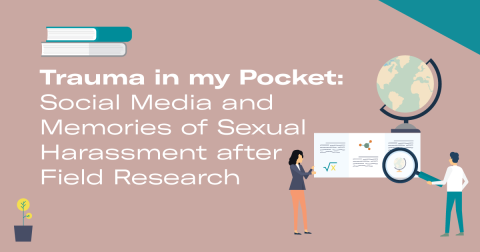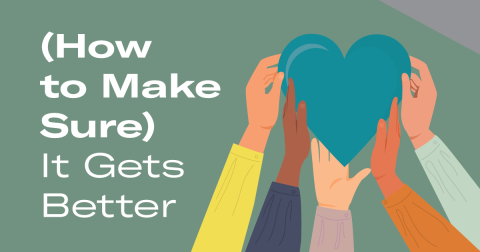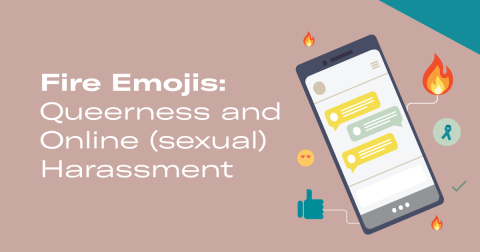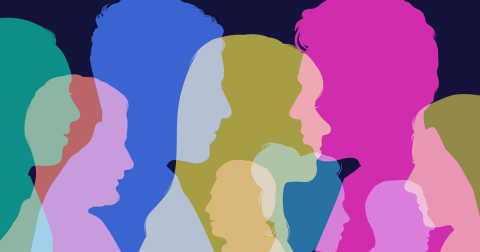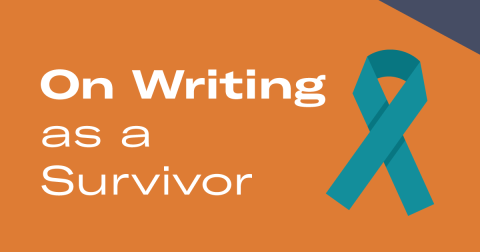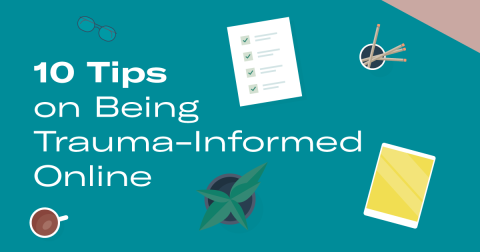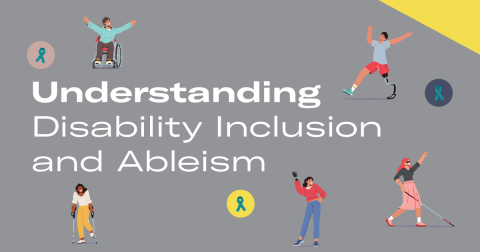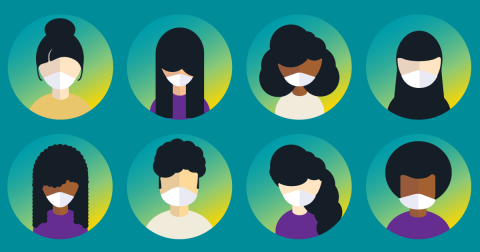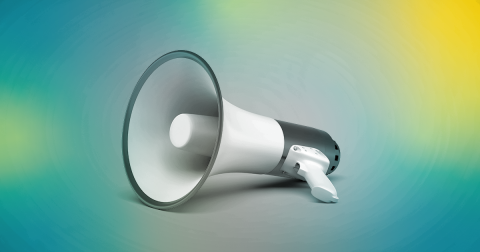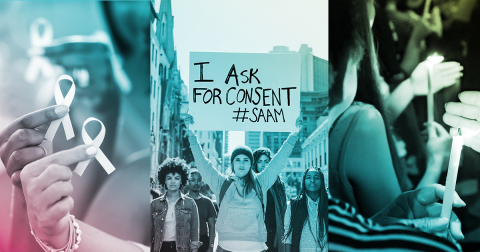- Apr 11, 2022
- Megan Douglas
I did my PhD field research in Nairobi, Kenya, over the period of about nine months over 2019 and 2020. I was doing a qualitative study of strategies for wellbeing among Congolese refugees in the city and met some of the most incredible people I’ve ever known. Unfortunately, my time was also peppered with experiences of sexual harassment, particularly at the hands of two of my male informants. These men were both leaders in their respective communities and acted as ‘gatekeepers,’ controlling the level of access I had to large numbers of participants.
- Apr 11, 2022
- Margaret Speer
This piece is written to capture the shifting norms, language, and anxieties surrounding relationship visibility and privacy boundaries. This autobiographical blog is designed to read as a casual social media post guided by memories of identity crises, bullying, homophobia, and doxxing. The piece also captures how power dynamics in the virtual space create very real consequences in life offline.
- Apr 11, 2022
- christian scott
It all started with the ‘fire emojis’ on Instagram.
I would post a selfie or a somewhat intimate story, and a couple of minutes or hours later, I would get the fire emojis. In other words: Hottie. Cutie. Babe.
And I mean, isn’t it amazing to get attention and a digitally mediated dopamine shot? To be desired? Well actually not so, I realized. Not always, at least. The particular situation/context matters. The who, the what, the how. You know?
- Apr 06, 2022
- Dr. Erin Pritchard
I am a lecturer in Disability studies. I am also a woman with dwarfism, who since childhood has been called ‘midget’ by strangers who find my dwarfism funny and unacceptable within society. Here, I explore the online harassment I received as a disabled, female academic after successfully campaigning to remove the word midget from a popular brand of sweets.
- Mar 23, 2022
- JL Heinze
While online spaces can play a role in healing, they can also be spaces of abuse and harassment.
- Mar 23, 2022
- JL Heinze
Being trauma-informed means taking into consideration a person’s experience of trauma and their reactions to it.
- Mar 23, 2022
- JL Heinze
A disability-informed future requires more awareness, education, and standardized implementation of accessible technologies.
- Apr 01, 2020
- Laura Palumbo
Consent still plays a role while social distancing.
- Aug 13, 2019
- Susan Sullivan
There are many different ways that communities and campuses choose to commemorate Sexual Assault Awareness Month (SAAM). That's why we checked in with organizers from this past April to learn more about their events and the community response. Their responses help contextualize the planning process behind these events and also serve as an inspiration to future event planners.
- Jan 04, 2019
- Susan Sullivan
Everything you need to know to plan a Sexual Assault Awareness Month event!
Pagination
- Previous page
- Page 4
- Next page

